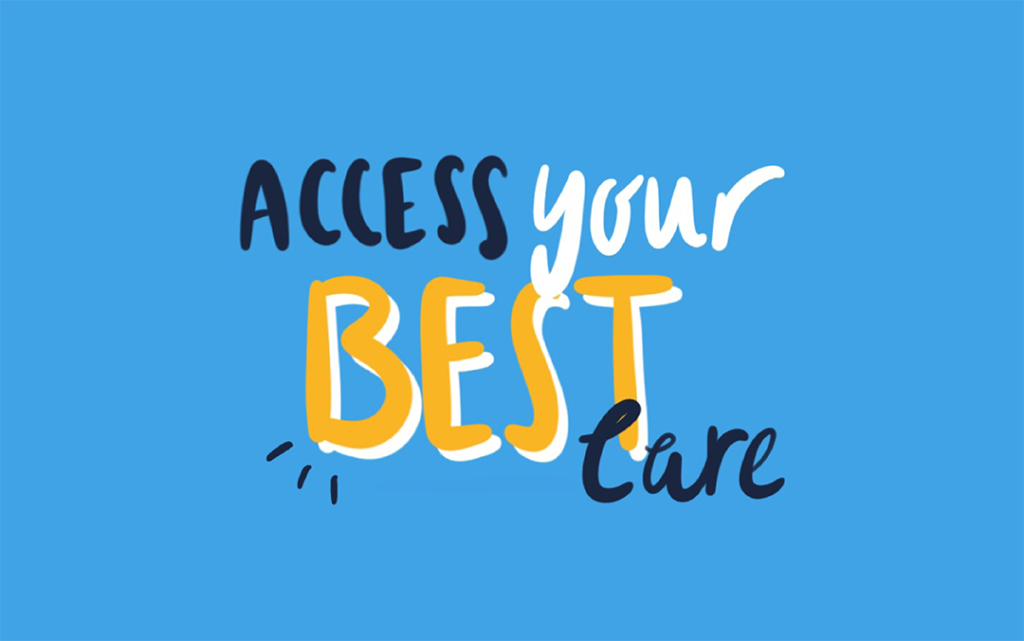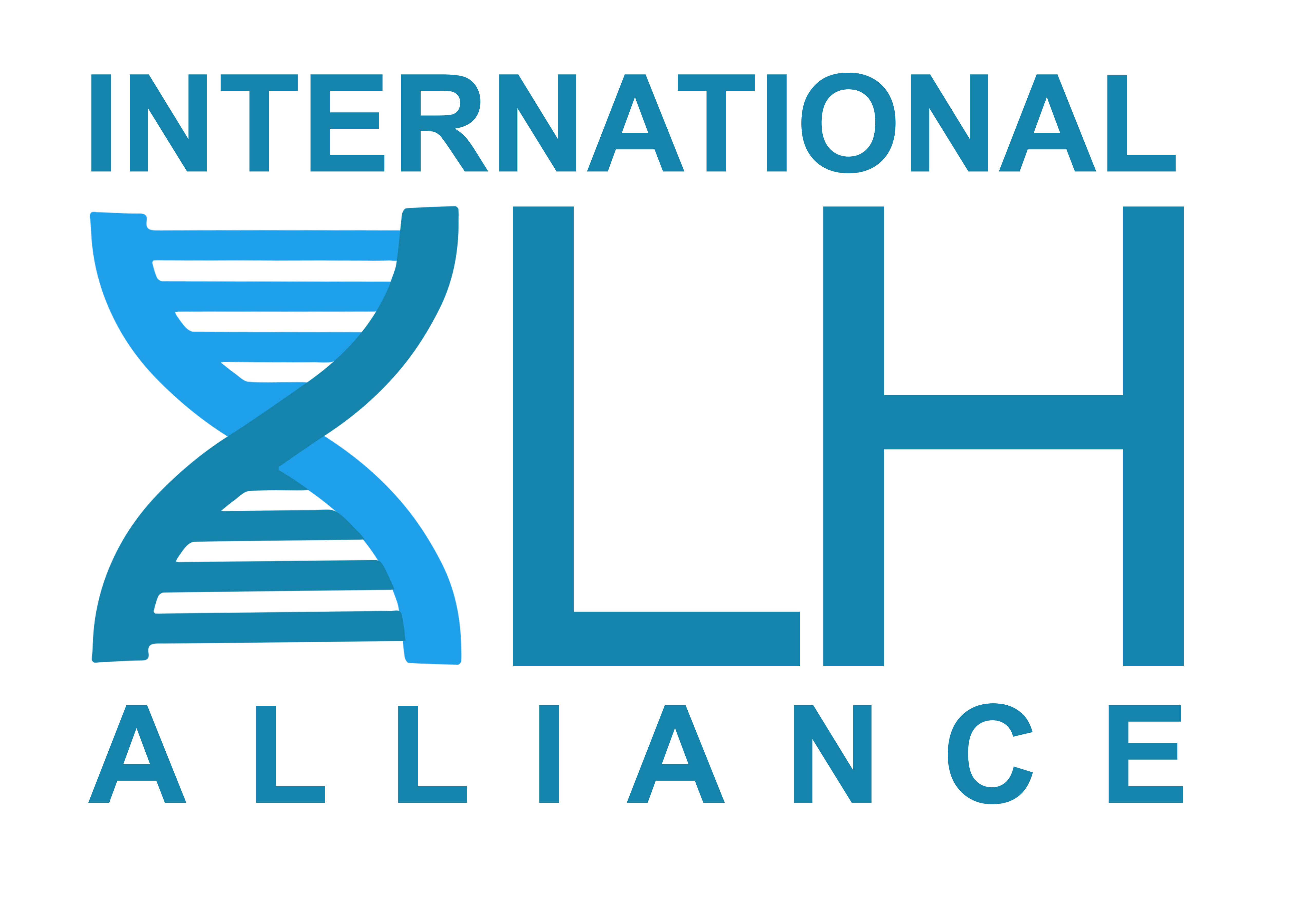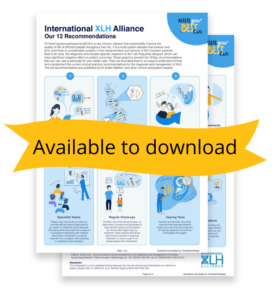The story so far…
The Clinical practice recommendations for the diagnosis and management of X-linked hypophosphataemia (1) guidance was published in 2019. This guidance is critical in the care and management of those with XLH. This inspired us to extrapolate 12 key recommendations from the guidance in an effort to make them accessible for all.
This led us to create the International XLH survey for adults to better understand the current care provided to XLH’ers from around the world. An outstanding 350 adults gave their time to complete the survey which provided us with a unique perspective on the current standards and how they may differ from the clinical recommendations.
The data from the survey and the recommendations inspired from the guidance came nicely together to form this year’s campaign: Access Your Best Care. We are incredibly excited to be working with a talented illustrator (Claire Whitworth) and data analysts who have been key in developing the recommendations and analysis into a project that will be memorable and educational.

International XLH Awareness 2022
October 23rd
The story so far…
The Clinical practice recommendations for the diagnosis and management of X-linked hypophosphataemia (1) guidance was published in 2019. This guidance is critical in the care and management of those with XLH. This inspired us to extrapolate 12 key recommendations from the guidance in an effort to make them accessible for all.
This led us to create the International XLH survey for adults to better understand the current care provided to XLH’ers from around the world. An outstanding 350 adults gave their time to complete the survey which provided us with a unique perspective on the current standards and how they may differ from the clinical recommendations.
The data from the survey and the recommendations inspired from the guidance came nicely together to form this year’s campaign: Access Your Best Care. We are incredibly excited to be working with a talented illustrator (Claire Whitworth) and data analysts who have been key in developing the recommendations and analysis into a project that has been memorable and educational.

The below patient stories speak volumes “receiving the best care allows me to be in less pain, and it means that I can do more with my family”, “My best care means I can enjoy my passions for professional dog training and swimming.”, “My best care is continuing to enjoy nature and life.”, “For me, the best care means managing everyday life without limitations and having a lot of fun”, “I have more energy”, “The best care for us means that we can do things together as a family.”, “For me, the best care is that I can play and dance without restrictions and have less pain thanks to timely medical care.”, “I’ve picked up a new hobby”, “My best care is to be playful, spontaneous and very happy!”, “I feel more relaxed”, “I can exercise”, “I sleep better at night”, “I can concentrate more at work”…
Thank you to all that have been involved in this campaign.
Click the image to download.
Illustrations by @cwhitworthdesign


